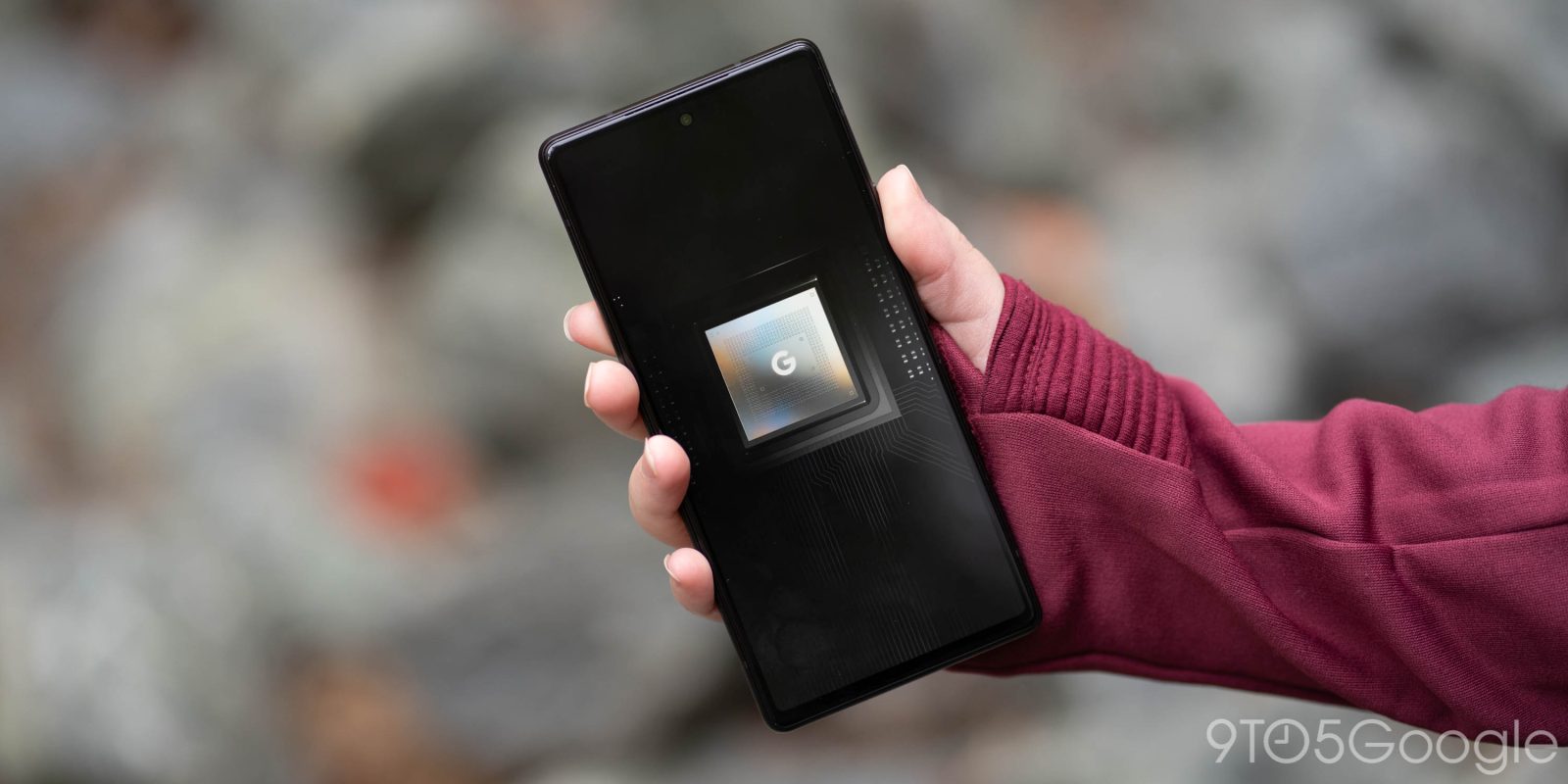
In 2021, Google effectively restarted its efforts with Pixel hardware with the arrival of the first Tensor app. This has led to some major changes, but 2024 marks the year the transition will finally enter its final phase.
Snapdragon Pixels are (almost) dead
This week's release of the first Android 15 developer preview sealed the fate of the last Snapdragon Pixels. Released in 2020 and 2021, the Pixel 4a, 4a 5G, 5 and Pixel 5a are the last batch of Google smartphones powered by Qualcomm chipsets.
Android 15 officially only supports Pixels released after late 2021. The oldest supported devices are the Pixel 6 and Pixel 6 Pro, both of which launched in October of that year. However, it is worth noting that this will be the last major update for those devices. However, Google will continue to provide security updates to the Pixel 6 and Pixel 6 Pro for another two years.
However, the Pixel 4a, 4a 5G, 5, and 5a are all flagship smartphones. Their releases are the most unusual in Google's modern history. The Pixel 4a launched a few months late, and the Pixel 5 felt cobbled together as a stopgap, offering only a flagship processor, dedicated Google co-processors and a size concession for the first time. It was released a month late in the US compared to other regions, and was discontinued a few months earlier.

This collection of Pixels had its own pros and cons — I'll always love the build of the Pixel 5 — but ultimately it felt like a big pause waiting for something else. And indeed something was brewing.
The early years of Google Tensor
Google announced the Pixel 6 and Pixel 6 Pro ahead of their official debut in the second half of 2021, all of which provide a preview of its efforts to develop the new chip.
Google Tensor marked the reinvention of the Pixel series. Gone are the Snapdragon chips, replaced by Google's own chip that's focused on specific tasks that Google wants. For example, Google said the Pixel 6 chip enabled it to apply HDR to every frame of video, and now that the chip has officially arrived in the Pixel 6, we broke down the helpful additions it provided.
Right out of the gate, Tensor put on a good show. It wasn't the fastest chipset out there, but it was pretty quick. It's not the most efficient, but the Pixel 6 and Pixel 6 Pro made a good first impression on battery life. But, not without problems. Many suffered from heat hiccups, especially during gaming, and the Samsung modem used in the device had some major drawbacks compared to those available from Qualcomm. Modem issues contributed to battery life, especially as phones got older.
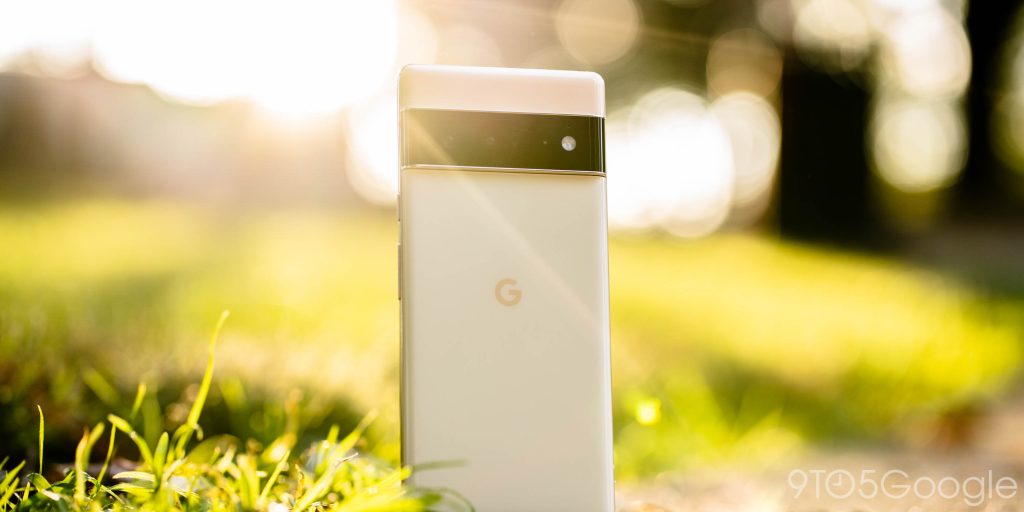
The switch to Tensor caused a couple of hiccups when it came to software updates. The December 2021 update was particularly memorable, causing huge network issues for many users, among other issues. But, over time, things connected and Google's Pixel 6 series really managed to make an impact.
Another big change brought by Tensor is putting the flagship chipset in Google's cheapest smartphone. In 2022, the Pixel 6a debuted with the same Tensor processor, and it was the best “mid-range” Pixel in years, thanks in large part to Tensor.
From that point, the next step is a continuation. It debuted in the Tensor G2, which was introduced in the Pixel 7 and Pixel 7 Pro in October 2022. Google said the chip is 60% faster and more energy efficient. We also found that it brought some minor cellular improvements, but ultimately the G2 wasn't really a huge leap forward.
The Tensor G2 was followed by the Pixel 7A, Pixel Fold and Pixel Tablet in 2023.
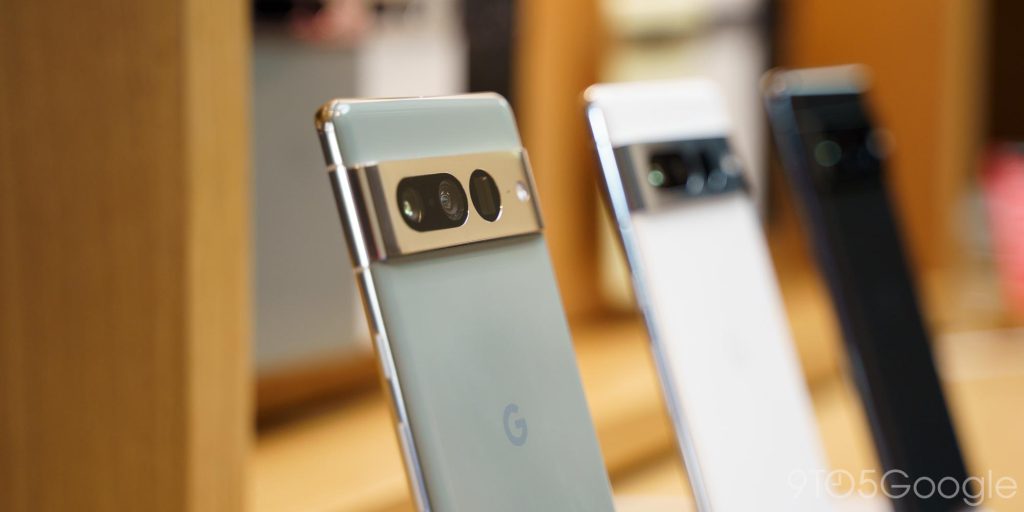
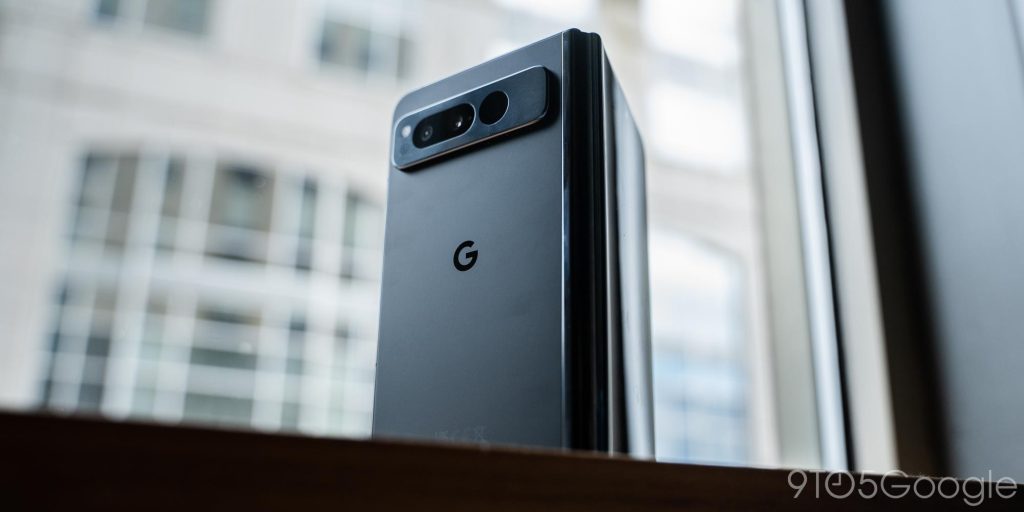
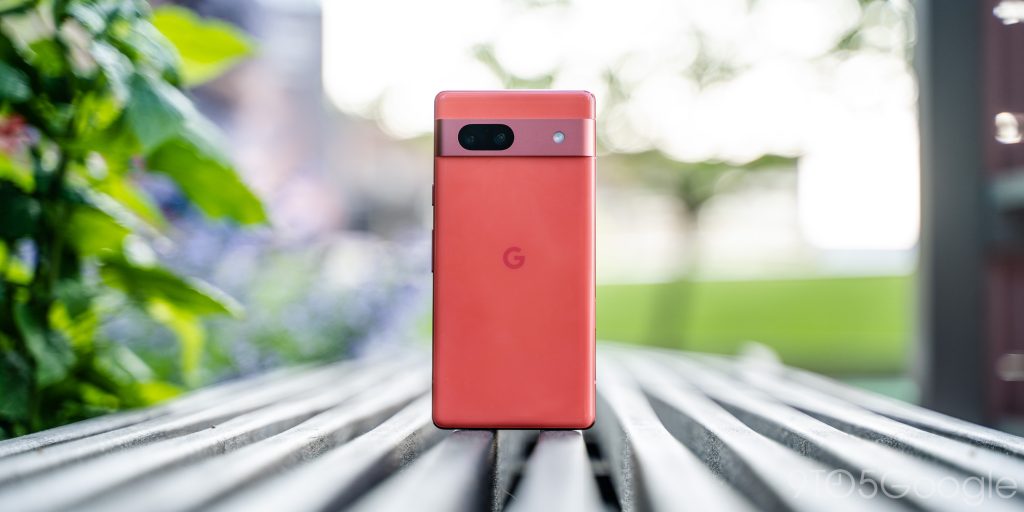
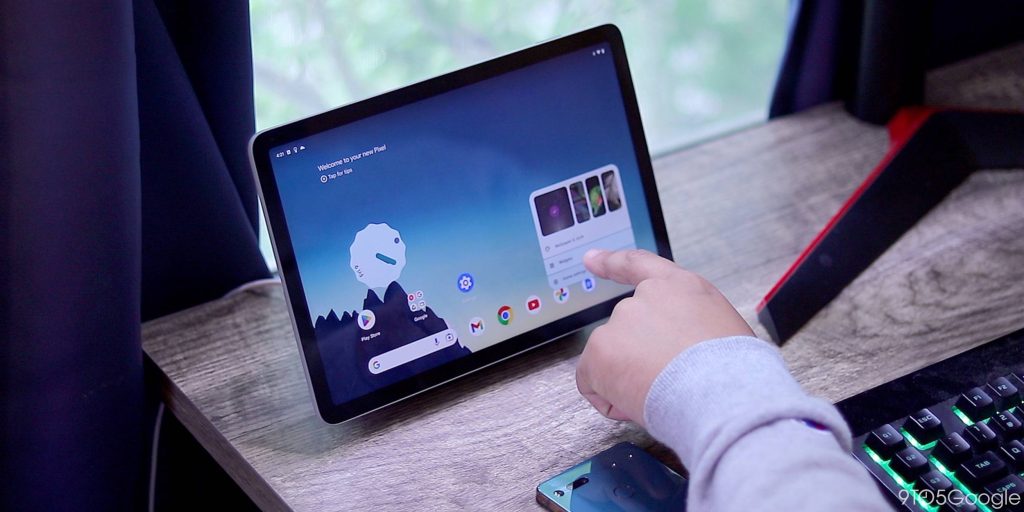
Where is Tensor today?
Last October, Google unveiled its latest Tensor chip, the G3. In the Pixel 8 and Pixel 8 Pro, the Tensor G3 represents a huge leap forward. The modem is better, the chip is significantly more powerful, and it is more energy efficient. It's not there yet Most Powerful, and it's not the best in AI, but it's pretty good.
What's next for Tensor is the biggest question, and an exciting one at that. The Tensor G4 is said to be a relatively minor upgrade, but the Tensor G5 is said to be a big one. The chip is said to be made by TSMC instead of Samsung, which has big implications for its own performance, but beyond that, it's Google's first fully self-made chip.
Every Tensor app so far has deep roots in Samsung's Exynos designs, even if they've been heavily modified. Whether the switch to TSMC and Google's own designs will stick the landing remains to be seen, but it's exciting to say the least.
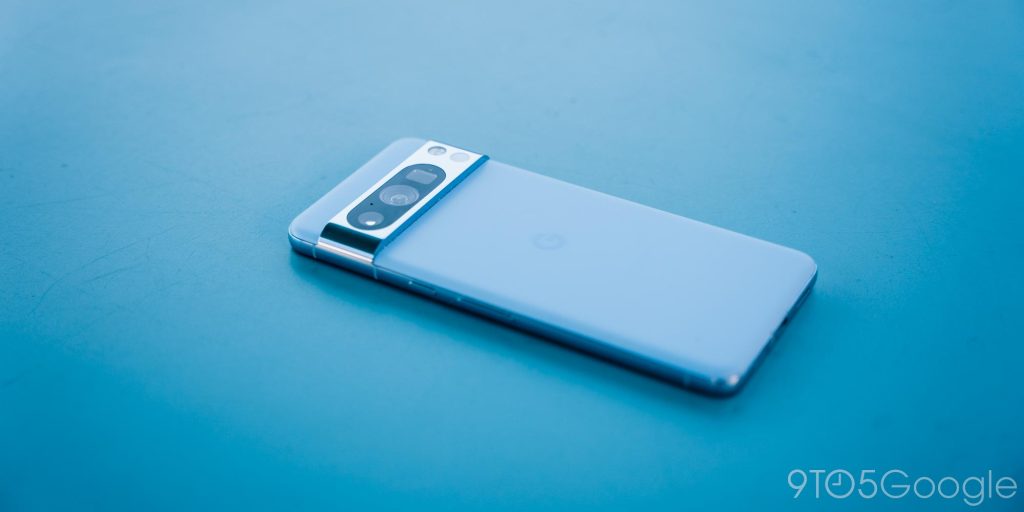
Is Google's move away from Snapdragon right?
Ultimately, the big question is whether Google made the right call with the Snapdragon Pixel now disappearing.
As Rick Osterloh said in 2021, Google's main goal with Tensor is to bring “AI advances directly to the Pixel.” And by that measure, Google seems to have achieved its goal. Long before everyone was pushing AI too much, Pixel phones were developing AI features that didn't need to be called AI to be cool. And, with the Pixel 8, Google doubled down on that the way is difficult. Of course, the counterargument is that many of Google's AI features aren't running on the device anyway, but I'm not sure if Samsung does the same thing on the Galaxy S24 series, even if it uses the robust Snapdragon 8 Gen 3. The argument also stands. The best argument, however, is why so many features are only available on the Pixel 8 Pro and not the smaller model.
Personally, if I had to reduce Tensor for just one benefit, I'd argue that it's worthwhile.
Since the introduction of Tensor, Google has continued to undercut the competition on its price. The Pixel 6 and Pixel 6 Pro started at $599 and $899, respectively. It was $200-300 less than comparable Samsung flagships, and notably Apple's iPhone.
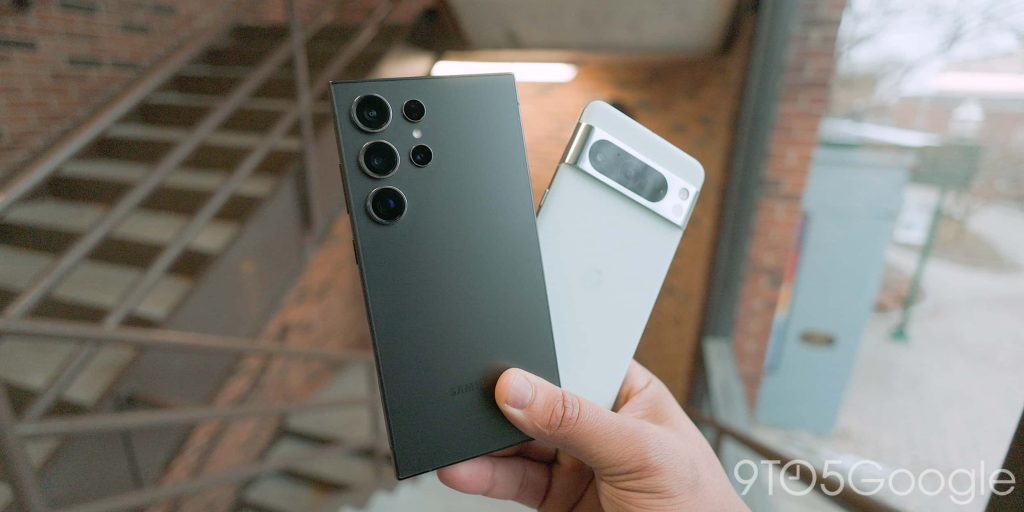
And, yes, you were trading some battery life, some performance, and a few other things to drop the Snapdragon chip, but I've always felt those were acceptable trade-offs. The Pixel 8 series of chips are slightly further apart in the price gap, and both phones are $100 more expensive, but they still offer performance and features for a fraction of the price.
That's enough for me personally. I've always loved Google Pixel phones, but devices like the Pixel 4, for example, never seem to live up to their price tags compared to the competition. From Tensor, pixels really felt like some foreign currency.
What do you think? Would you rather pay more if the Pixels were stuck with Snapdragon chips? What is your experience with tensor powered pixels? Let's discuss!
More on Google Pixel:
Follow Ben: Twitter/X, textsAnd Instagram
FTC: We use auto-affiliate links that generate income. Further.
